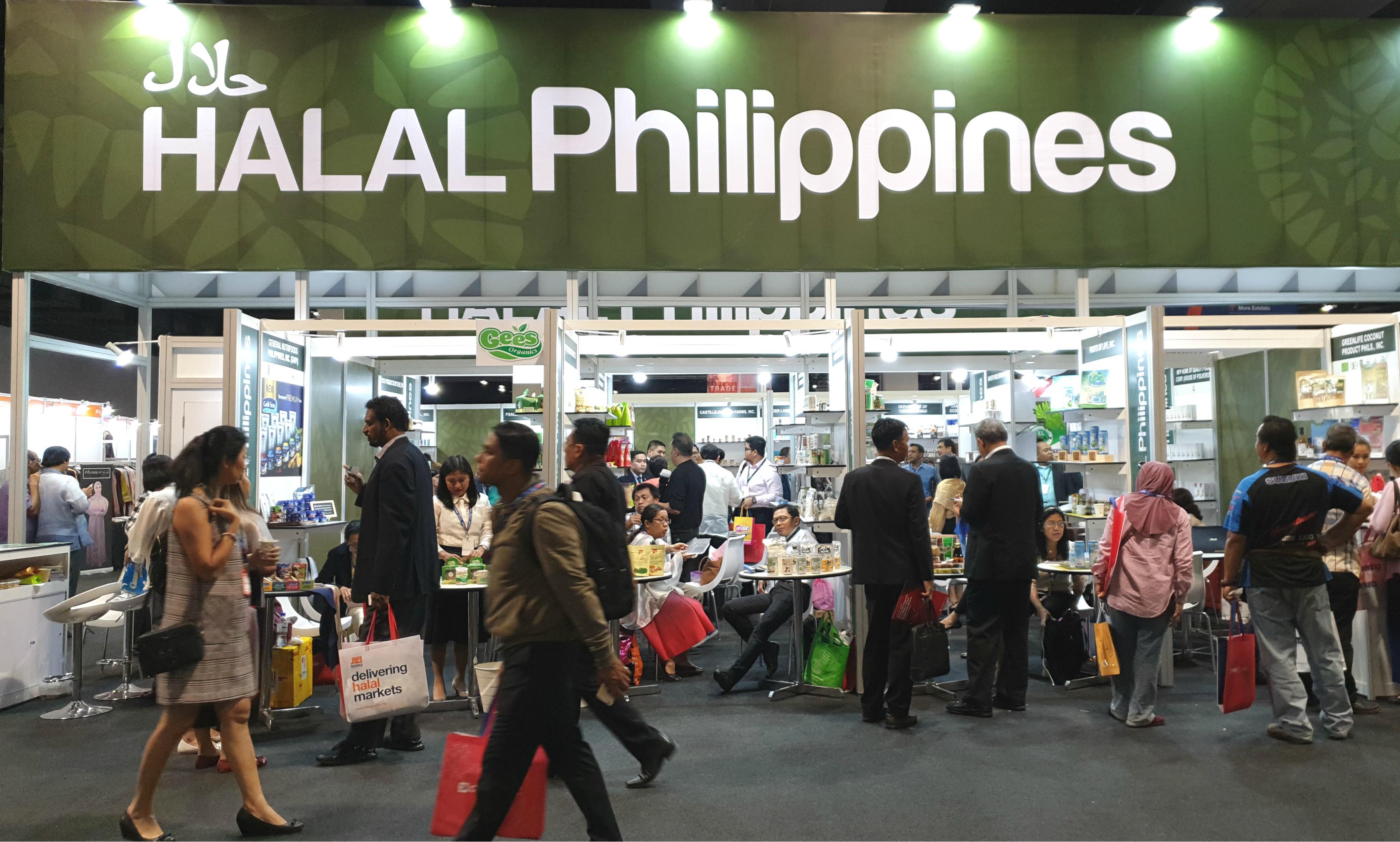Philippines halal certification scheme to start August, businesses ‘in a hurry’ to welcome Muslim visitors for year-end SEA Games
KUALA LUMPUR – From August this year, certifying bodies and businesses seeking halal certification in the Philippines must meet standards set out by the Philippine National Halal Certification Scheme and Accreditation Guidelines, Abdulgani Macatoman, Undersecretary at the Department of Trade and Industry’s Trade and Promotions Group, told Salaam Gateway.
Philippines’ national halal certification scheme was launched last year by the Philippine Halal Export Development and Promotion Board during the country’s first-ever national halal conference in Davao that met to develop standards for the industry.
The Board is chaired by the Department of Trade and Industry and consists of the National Commission of Muslim Filipinos as the vice-chair, and nine government agencies including the Departments of Agriculture, Tourism, Health, and Science and Technology.
The halal standards used by the Philippines are in line with Malaysia’s, said Macatoman.
“We really see Malaysia as our model,” the undersecretary told Salaam Gateway on Apr 3 at the Malaysia International Halal Showcase (MIHAS) in Kuala Lumpur.
The scheme will allow businesses in the Philippines to finally get certification from a national, standardized authority, Senior Trade and Industry Development Specialist of the Department of Trade and Industry, Raison D. Arobinto, told Salaam Gateway.
"We have a lot of halal certification bodies but not a national, standardized body such as JAKIM in Malaysia, MUIS in Singapore and CICOT in Thailand.
"Recognition of these [individual, non-national level halal certification] bodies by other countries are not consistent. One certification body might be recognized in Malaysia but not in UAE," Arobinto told Salaam Gateway during MIHAS.
According to Macatoman, there are currently nine halal certification bodies in the Philippines.
“In the Philippines the mandate of accrediting halal certification lies with the Philippine Accreditation Bureau (PAB) of the Department of Trade and Industry,” said the Undersecretary.
Of the nine halal certification bodies under the PAB, three are recognized by the Department of Islamic Development Malaysia (JAKIM), one by Majelis Ulama Indonesia (MUI) and another by the Emirates Authority for Standardization and Metrology (ESMA), according to the three bodies’ websites.
The Philippines started accelerating its halal industry at the regulatory level in 2016 when President Benigno Aquino signed the Philippine Halal Export Development and Promotion Act .
Most recently at the end of February, the Department of Science and Technology opened the Philippine National Halal Laboratory and Science Centre to strengthen compliance levels of locally-made products targeting international markets.
HALAL EXPORTS GROWTH
Macatoman said the government recognizes the “huge” potential for Philippines’ halal exports especially to key regions Southeast Asia and the Middle East.
Top export destinations are Malaysia, Indonesia, Saudi Arabia, and UAE.
Philippines halal revenue in 2017 was 5.52 billion pesos ($106 million) or 8.73 percent of the country's total exports valued at 63.23 billion pesos, according to the Export Development Council.
Most of these exports are from the food and beverages industry, but halal personal care and cosmetic products are gaining ground, according to Arobinto.
As part of government efforts to spur growth in the halal industry, the Undersecretary said the Philippine export declaration form is being revised to include halal options.
“This means that all products exported as halal must be declared and must contain the Philippine Halal Logo in order to trace the total halal export of the Philippines and to regulate the halal integrity and traceability,” said Macatoman.
The process will involve the Bureau of Customs, he added.
The country’s national halal logo was approved in March by the Philippine Halal Export Development and Promotion Board and is scheduled to be launched on May 3 at the Second Philippine National Halal Conference.
Segments of the conference will be dedicated to preparing halal products and services for the upcoming Southeast Asian Games the Philippines is hosting from Nov 30 to Dec 10.
‘IN A HURRY’ FOR SEA GAMES
Macatoman said the country expects at least 48,000 spectators to arrive for the SEA Games in the host cities Manila, Clark, and Subic Bay.
“Of these 48,000 spectators from Southeast Asian countries, 50 percent of them are Muslims, especially from Malaysia, Indonesia and Brunei,” Macatoman estimates.
The government is currently conducting a series of halal awareness and education campaigns to get more establishments halal-certified, he said.
“We are encouraging establishments such as hotels and restaurants to be ready. They are all in a hurry to be halal-compliant in the Philippines.
“We really want to address the requirements of the Muslim athletes and spectators coming to the 30th SEA Games,” Macatoman added.
Still, there may not be enough halal-certified establishments in time for the Games.
“We have to engage or encourage [hotels and restaurants] to go halal, at least the big five-star hotels in Region 3, Clark, Subic. Even if they are not halal-compliant at least they can classify as Muslim-friendly establishments.”
(Reporting by Ahmad Mustakim Zulkifli; Additional reporting by Emmy Abdul Alim emmy.alim@refinitiv.com)
© SalaamGateway.com 2019 All Rights Reserved


Ahmad Mustakim Zulkifli